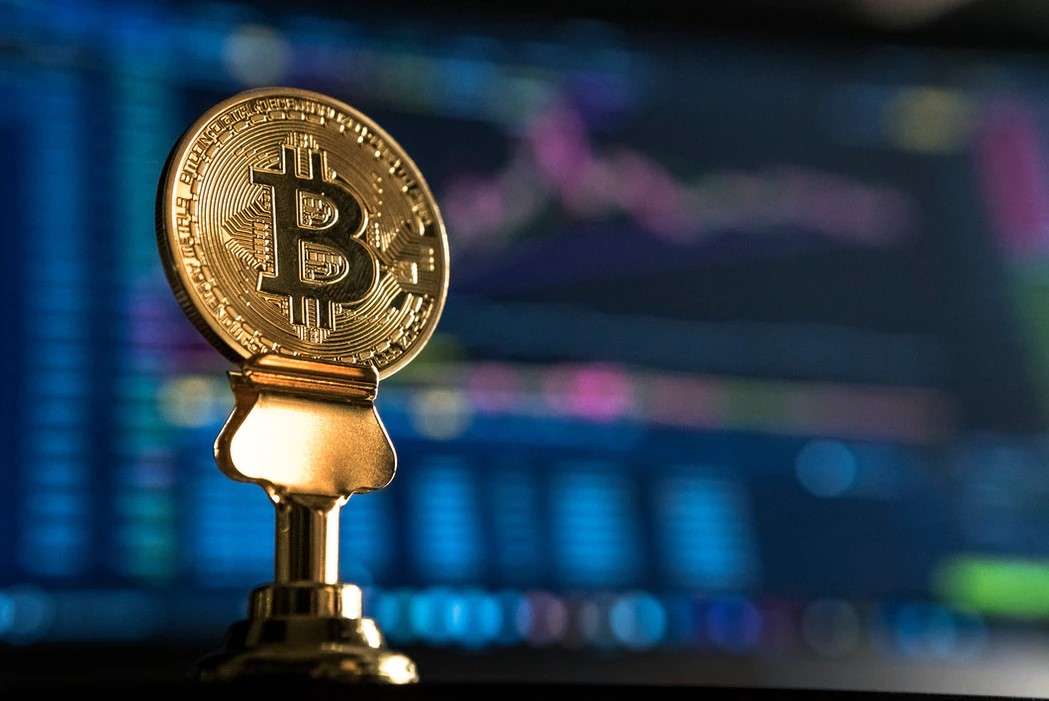Image Source: https://unsplash.com/photos/JrjhtBJ-pGU
Is Bitcoin a currency, or is it just good as a speculative asset? This is the one thing that has yet to be settled over a decade since its invention.
Michael Saylor says it’s better as property, China says it’s purely speculative, the Fed says it has failed as a currency, but Satoshi created a peer-to-peer currency.
What is Bitcoin to you? Is it an asset you invested in purely for speculation? Are you in it because you don’t want to be left out of what feels like a defining technology of our time? Or is it a currency to you that you intend to make day-to-day payments with? This is the one thing that the crypto industry, regulators and Satoshi Nakamoto can’t seem to see eye to eye on.
Satoshi invented a currency over a decade ago. On the Bitcoin whitepaper, he described it as “a purely peer-to-peer version of electronic cash [that]would allow online payments to be sent directly from one party to another without going through a financial institution.”
To Satoshi, who to date remains a mystery, Bitcoin was necessitated by the trust-based model that online commerce has relied on for decades, which according to him, suffers from some inherent weaknesses.
However, looking at what Bitcoin is today, it’s clear that it has taken on new uses, and with each passing day, Satoshi’s vision of an internet currency slips further away.
Michael Saylor, Mark Cuban, the Fed, China all agree Bitcoin isn’t a currency
There’s no shortage of people and even institutions that have declared a belief that Bitcoin isn’t a currency. The latest is Michael Saylor, the CEO of Microstrategy and one of the biggest Bitcoin evangelists. He sees Bitcoin as property, not currency.
He stated in the past week:
I don’t really think that Bitcoin’s going to be a currency in the US ever. Nor do I think it should be. I really think logically it should be treated as property. It’s like owning a building, or owning a bar of gold, or owning a share of stock. It’s property.
As with any other property, he sees value in holding Bitcoin over the long term. He likened it to buying Google or Microsoft stocks. “If you buy and hold, that’s good, and at any point in the history of technology, if you had sold, you made a mistake, right?”
Jerome Powell, the chair of the U.S Federal Reserve, also believes that Bitcoin has failed as a currency. This week, while testifying before Congress, he stated that stablecoins might become a payment option, but crypto assets had clearly failed.
Powell’s counterparts in China agree with him. In the whitepaper for the digital yuan, the People’s Bank of China stated that due to “lack of intrinsic value, acute price fluctuations, low trading efficiencies and huge energy consumption,” cryptocurrencies can “hardly serve as currencies used in daily economic activities.“
Mark Cuban has also disputed the use of Bitcoin as a currency in the past. Cuban went to the extent of stating that one of the key reasons he stayed away from crypto was because he didn’t see their potential as currencies. It was only after he identified their use as assets that he came into crypto.
Bitcoin has had to adapt to changes in perception, regulation, and even users’ needs. It has thus shifted greatly from its original, and intended use as currency. However, with solutions like Lightning Network making it easier and cheaper to spend, maybe one day Satoshi’s dream of a “system for electronic transactions without relying on trust” might become a reality.





